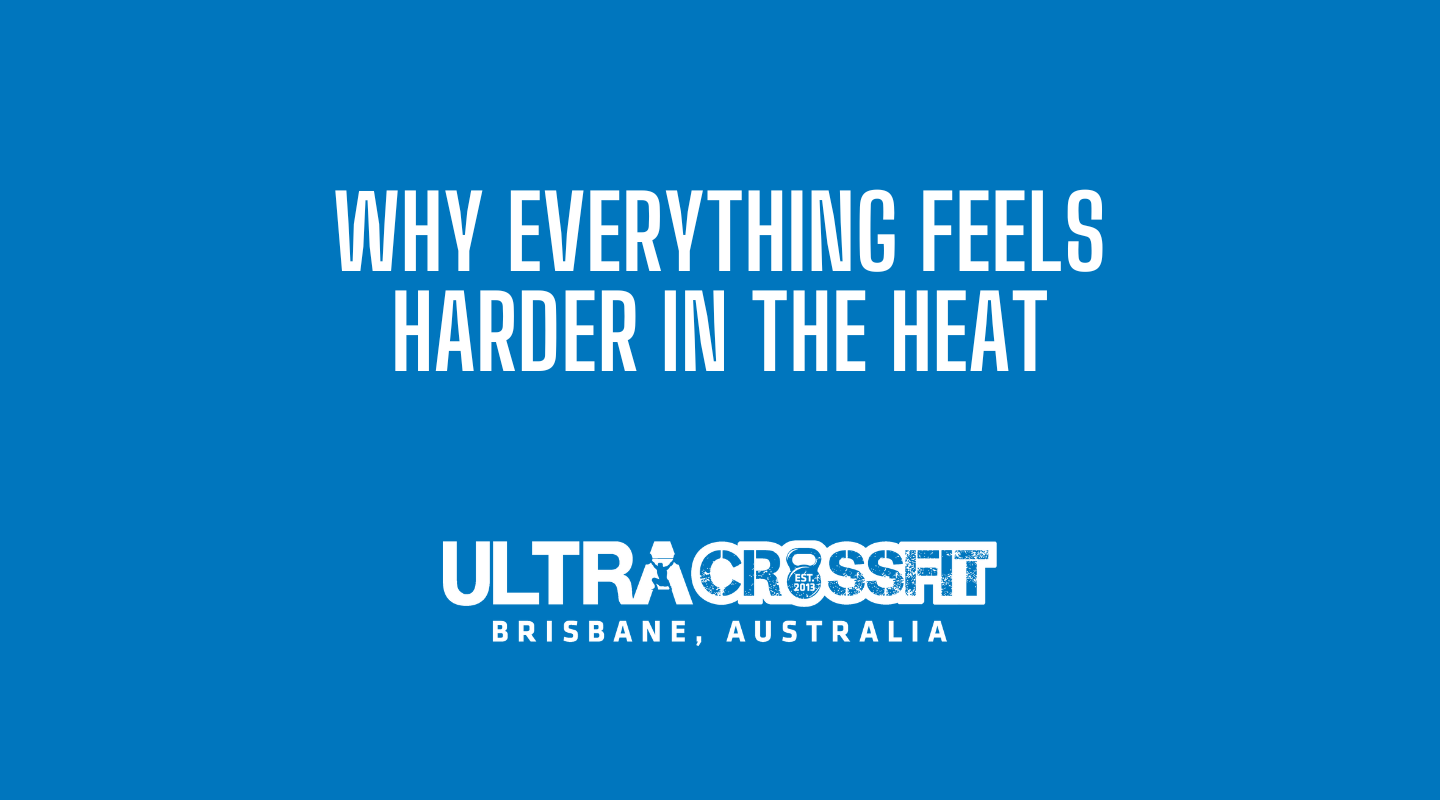

When the temperature spikes, even the fittest athletes start wondering, “Why does this feel so much harder than usual?” If you’ve ever walked into a warm gym and felt your heart rate jump, your breathing get heavier, or your usual paces suddenly feel out of reach, you’re not imagining it and you’re definitely not losing fitness.
Training in the heat asks more from your body, even before the workout begins. Once you understand what’s happening under the hood, you can adjust, train smarter, and still make meaningful progress without burning yourself out.
This guide breaks down why workouts feel tougher in hot conditions and how to stay strong, safe, and consistent when summer hits. Grab some water, take a breath, and let’s dive in.
Even at the same pace or weight, your heart has to work harder in hot conditions.
Your body is trying to cool you down, so more blood gets redirected to your skin. That means your heart rate spikes sooner and stays higher.
This is why your usual “comfortable pace” can suddenly feel spicy.
When it’s hot, your body uses more energy to cool itself.
That means less energy is available for lifting, running, rowing, or high-intensity work.
You’re not weaker or less fit — your body is just multitasking.
Your perceived effort (how hard everything feels) goes up in the heat.
You might feel like you’re working way harder… because you are.
Even if the numbers on your rower or barbell don’t match your usual sessions, you are getting fitter.
Hot days are not the time to chase your all-time fastest row or heaviest lift.
Slow your pace slightly, move with control, and give yourself permission to operate at 80–90%, not 110%. You’ll last longer and perform better overall.
You’re already warm, no need to cook yourself before the workout begins.
Think:
✅ mobility
✅ activation
✅ a short dose of elevated heart rate
And you’re good to go.
Adjust reps, weight or rest, it still counts
Ultra is all about smart, safe, sustainable training.
On hot days, swaps like these are not “scaling” — they’re training with wisdom:
You’ll get a better-quality workout this way.
Most people start hydrating during the workout… which is already too late.
Start sipping water 1–2 hours beforehand.
If you’re a salty sweater or doing a long/conditioning-heavy session, consider electrolytes.
Feeling flat, dizzy, or unusually fatigued?
That’s your body telling you it’s working overtime to keep you alive in a 30°C gym. Back off the pace, take a breath, and reset. This is training longevity 101.
It’s completely normal for training to feel harder in the heat.
Your strength hasn’t disappeared. Your fitness hasn’t regressed.
Your body is simply doing more work to keep you cool, and that’s okay.
If you adjust your efforts, stay hydrated, and modify intelligently, you can keep training consistently all summer long and still make progress. And trust us… winter you will be very thankful